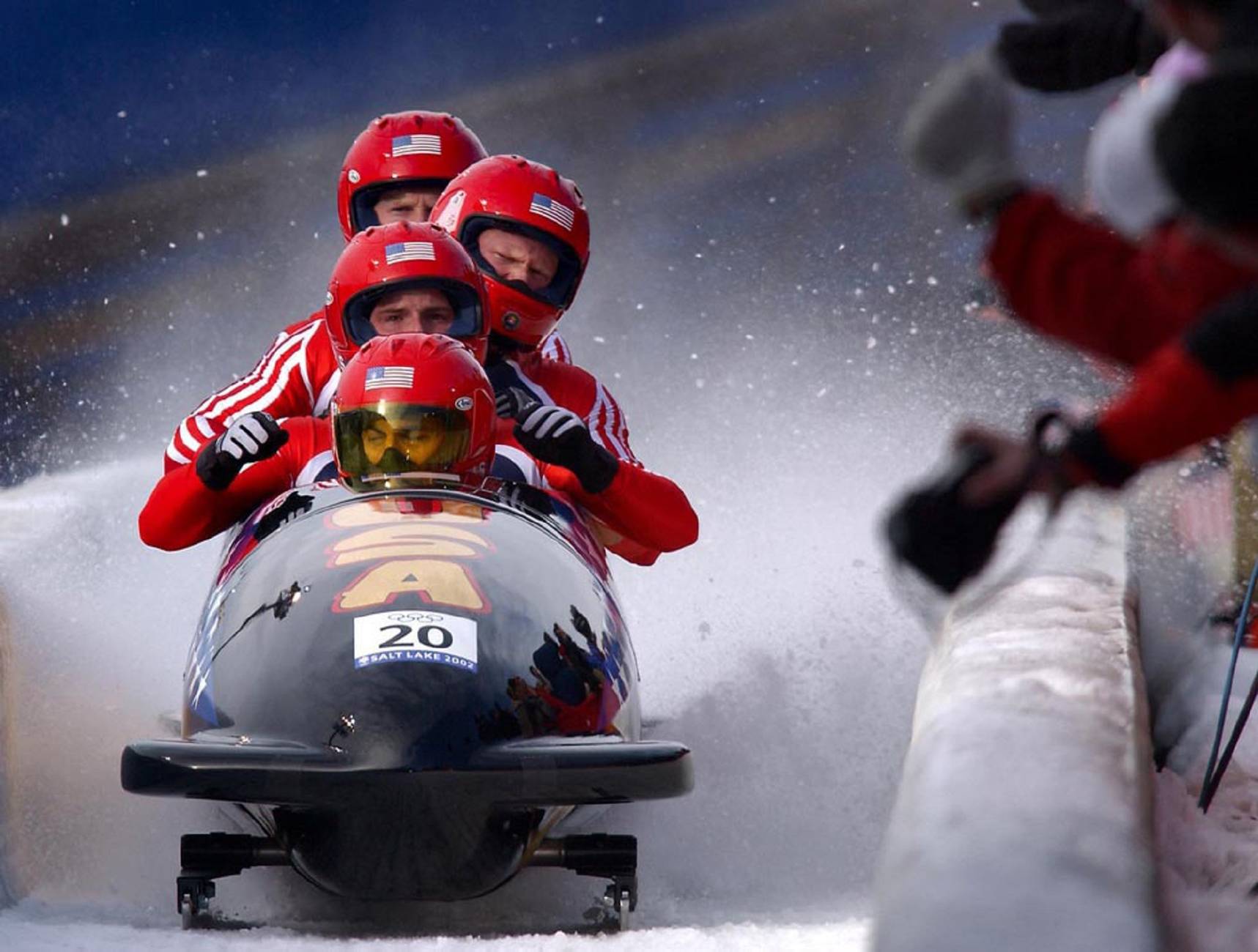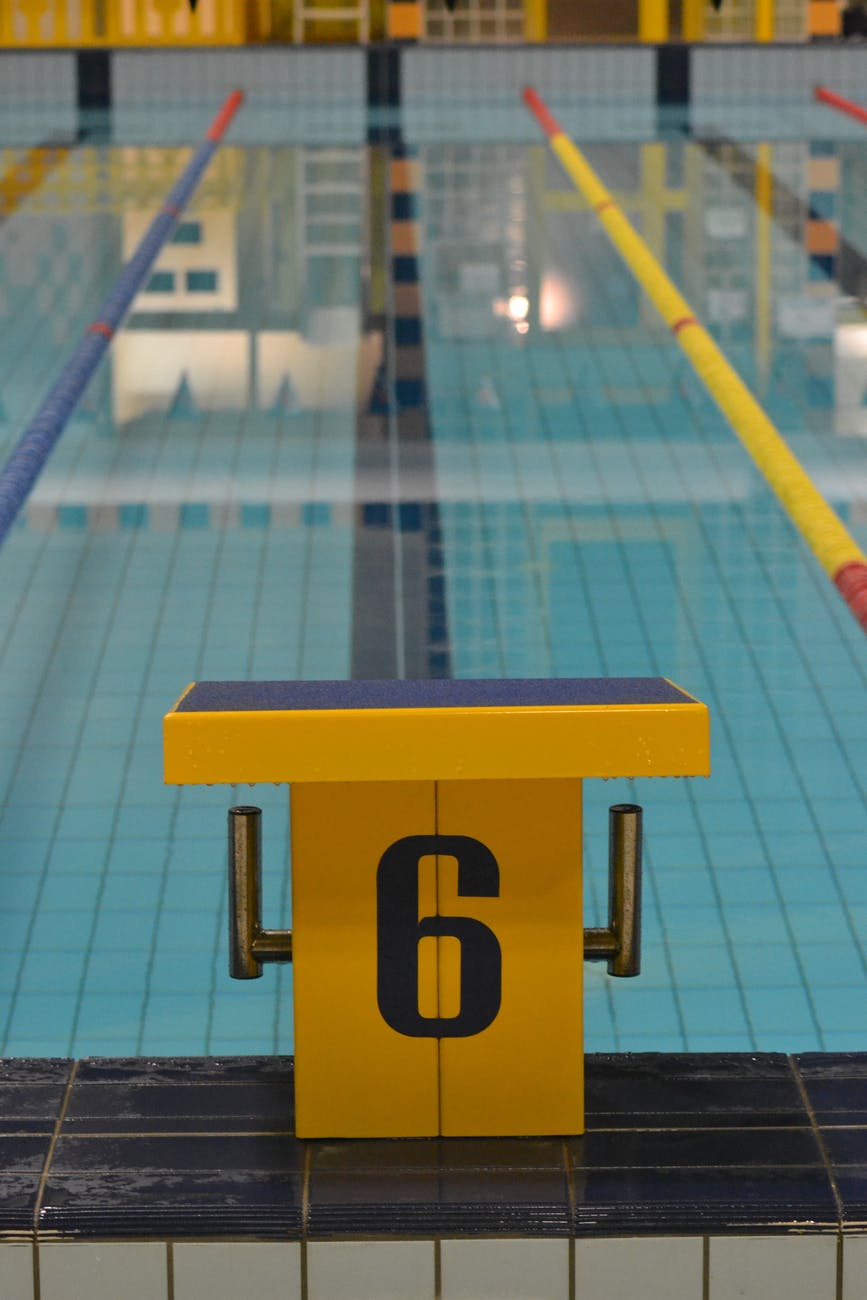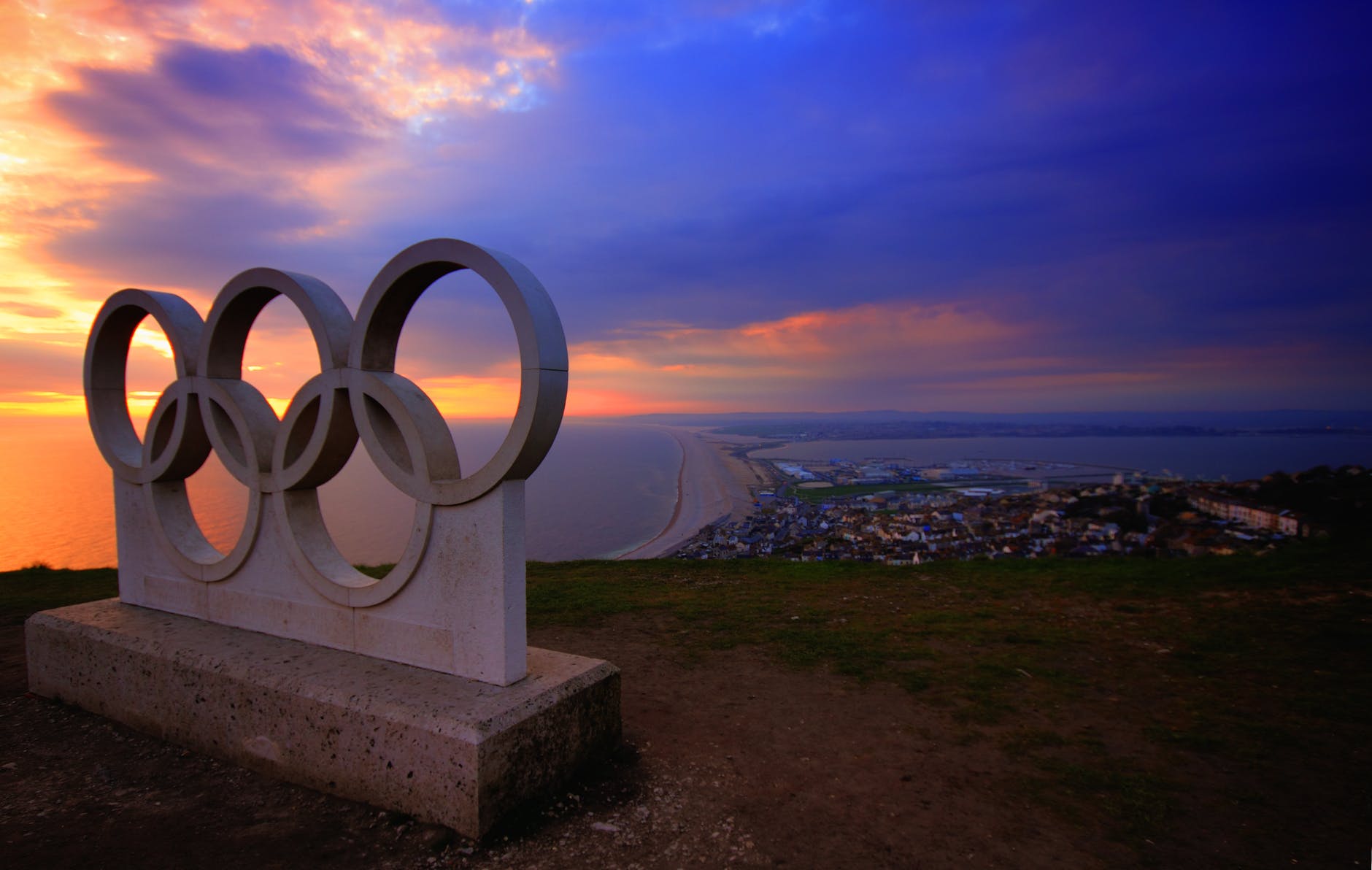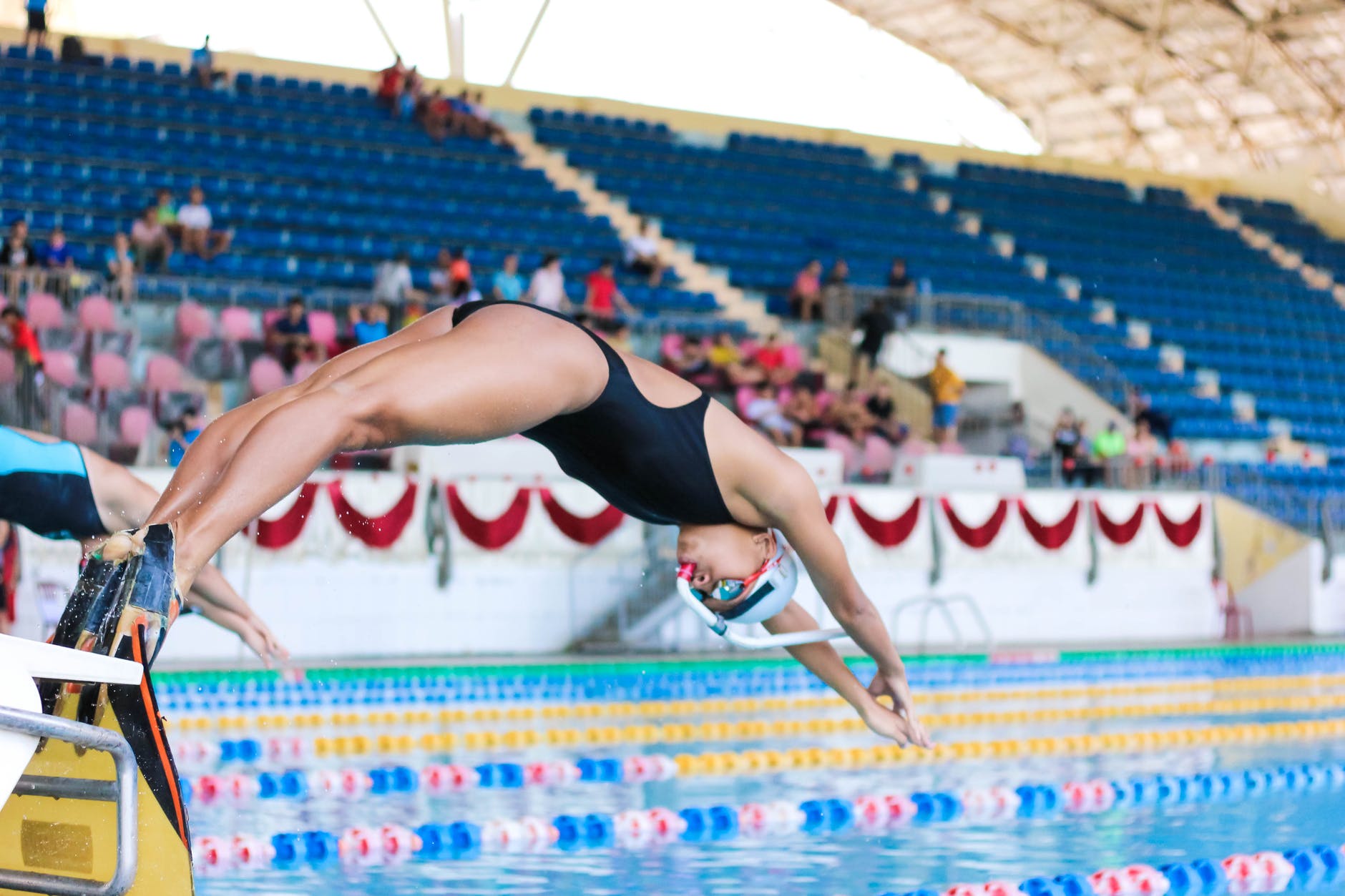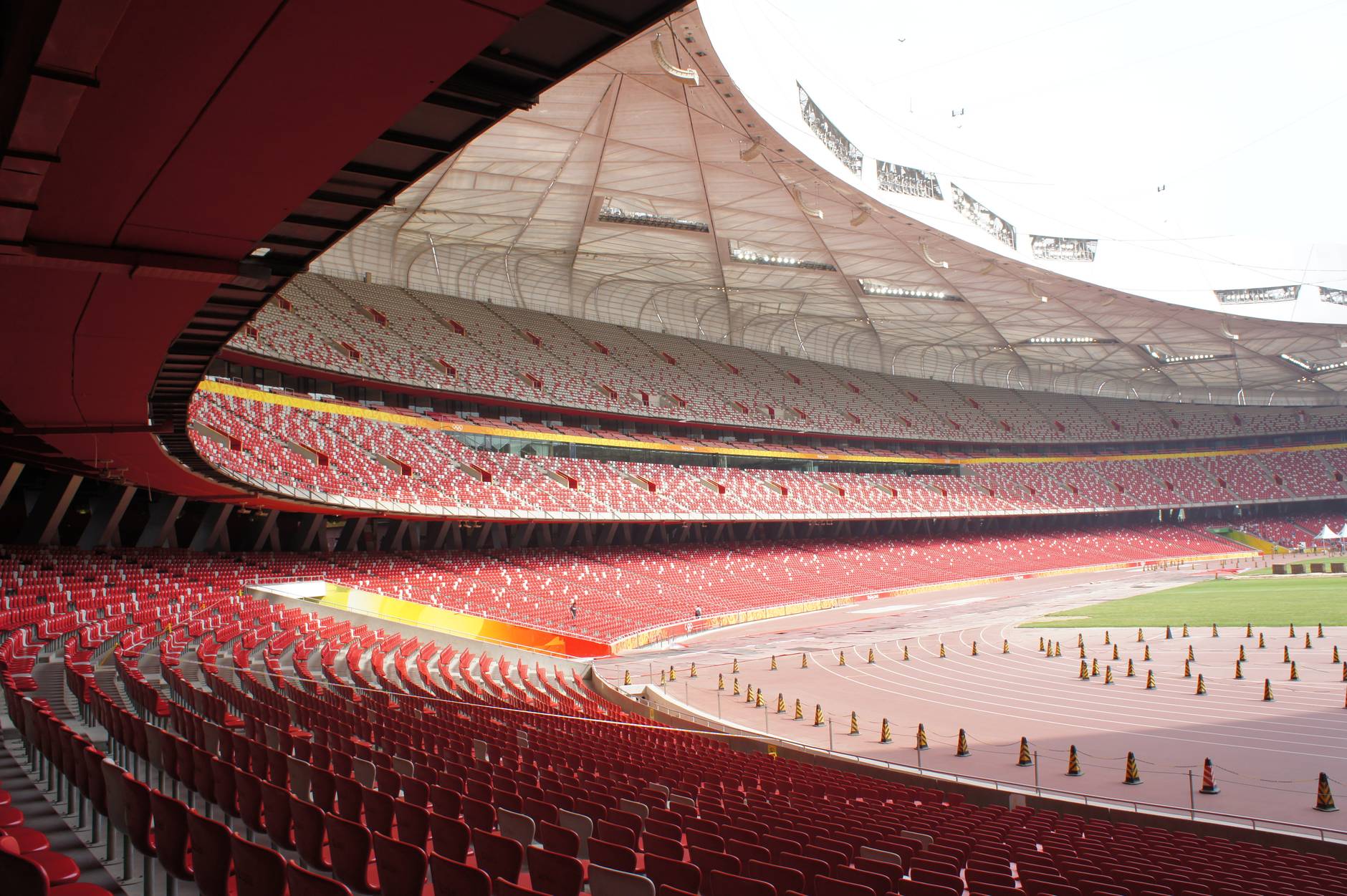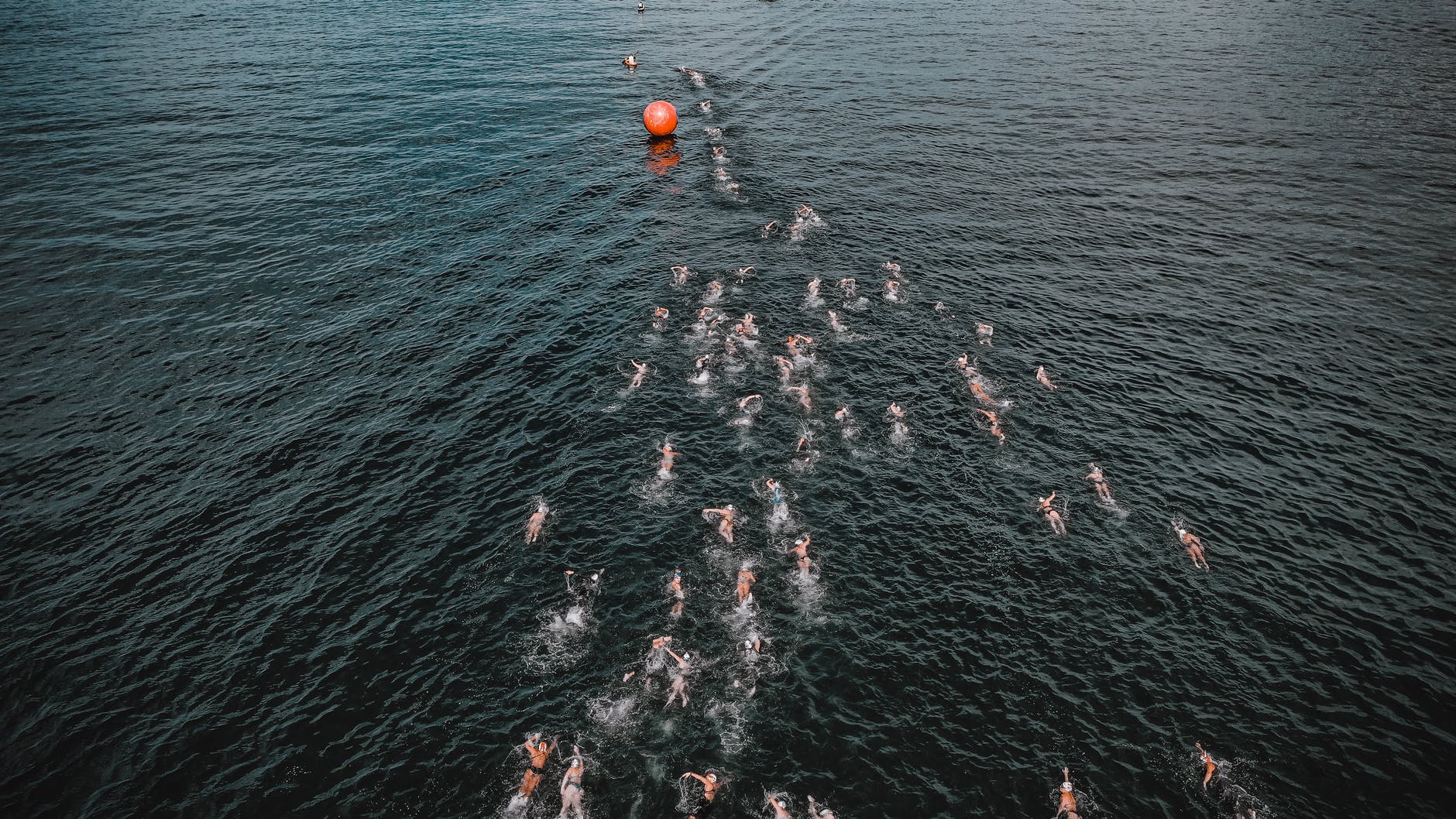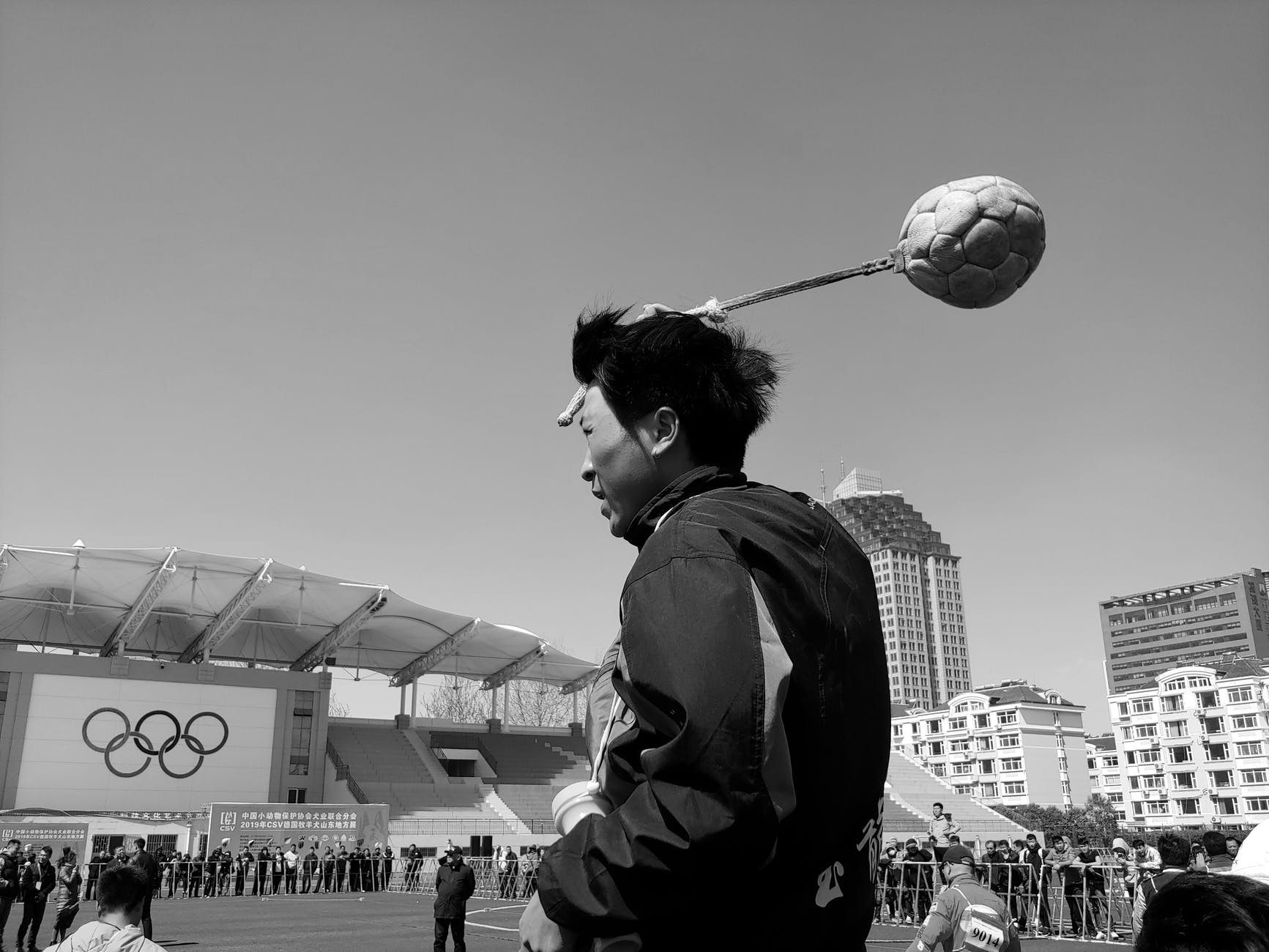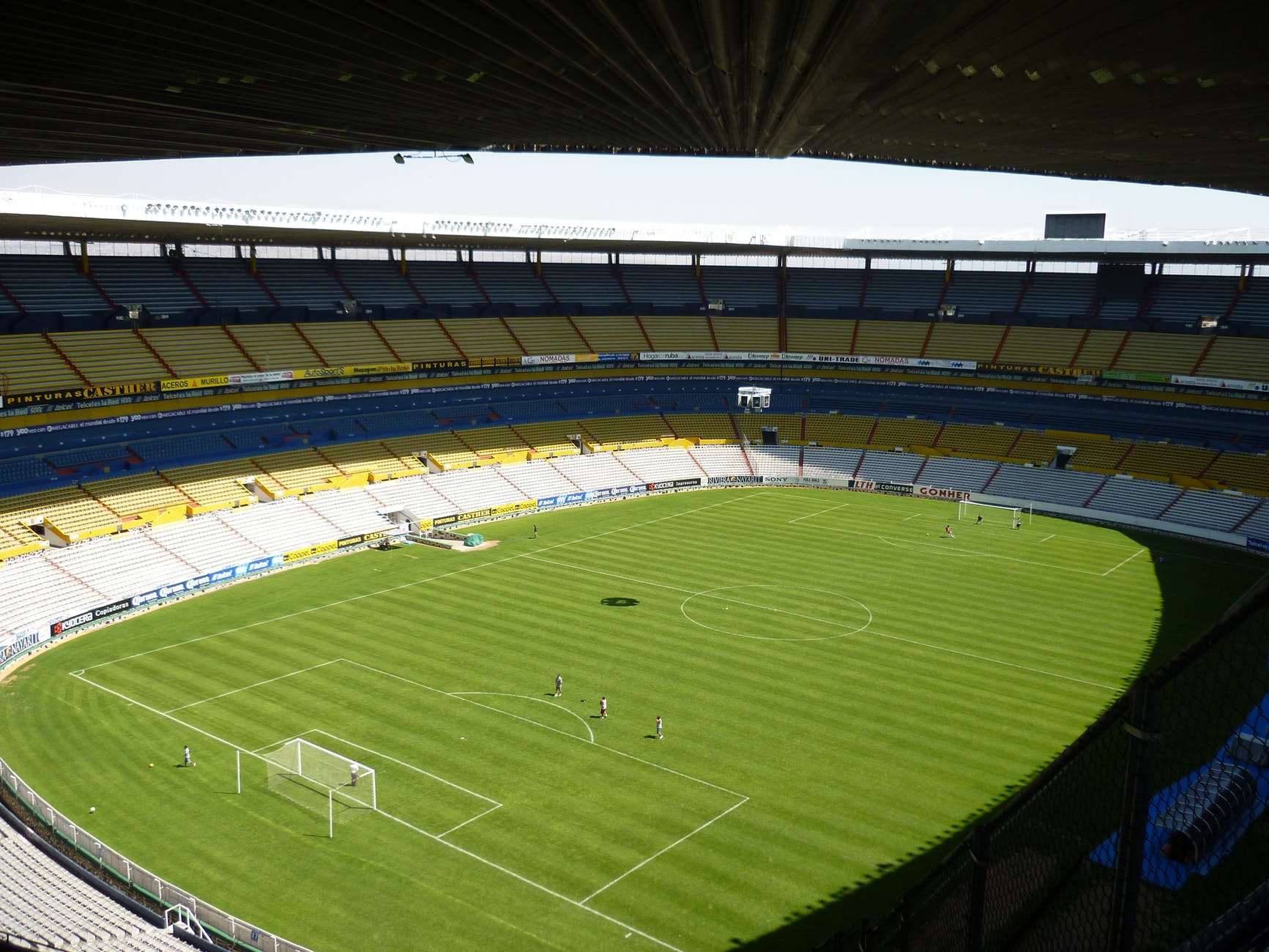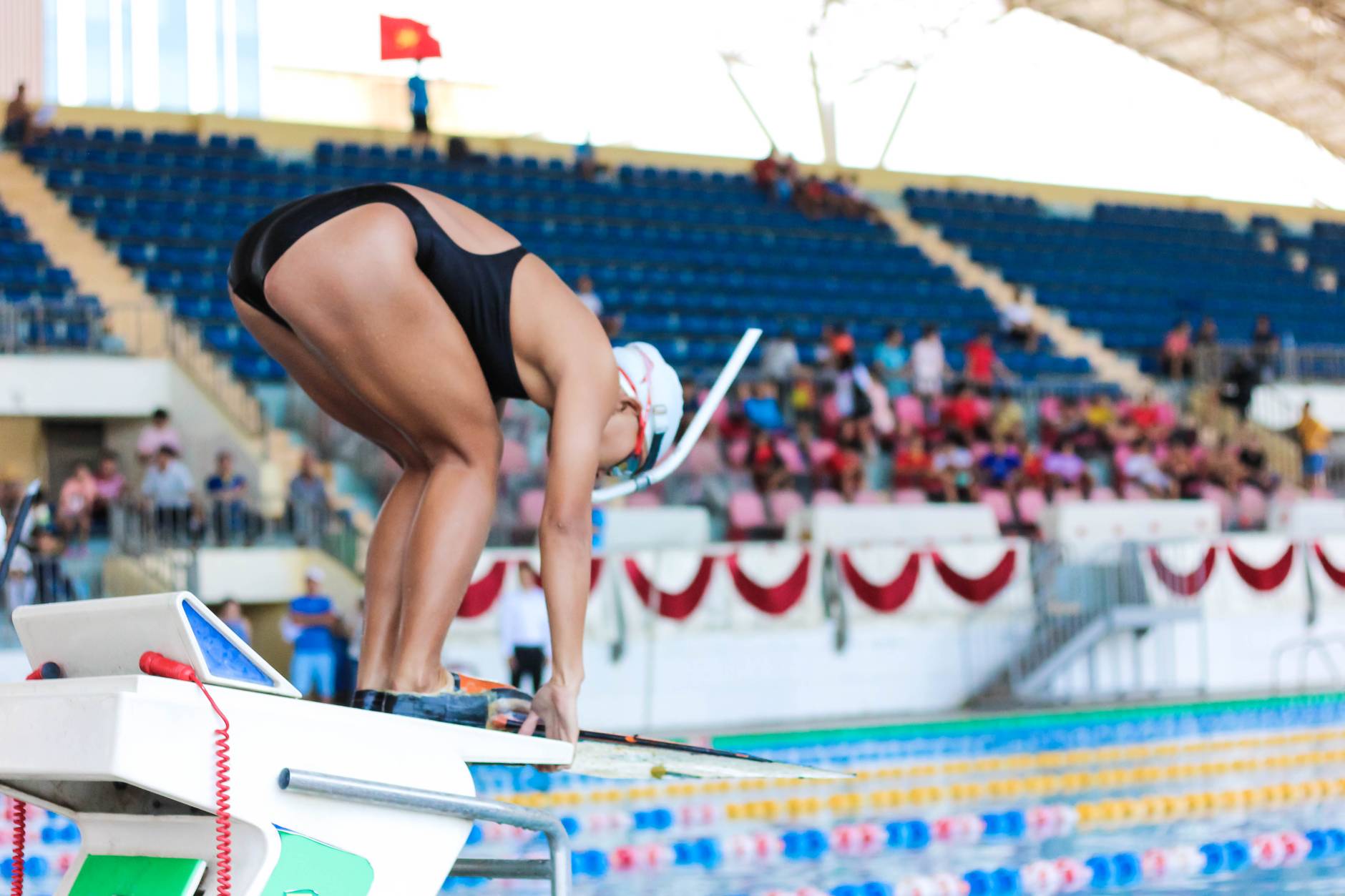Like many other industries or organizations with governing rules documented through written policies and procedures, the sport industry is no different. There are several major organizations within the industry that operates in the same manner and are responsible for documenting policies and procedures that governs sports globally. Listed below are some of the key players in the business and their job is to ensure that the industry in question image globally maintains its standard.
– World Anti-Doping Agency (WADA), as a governing body or entity is a ‘foundation initiated by the International Olympic Committee based in Canada to promote, coordinate and monitor the fight against drugs in sports.’ This non-profit organization was founded later in 1999 with it’s headquarters in Montreal, Canada.
Read more about WADA: https://www.wada-ama.org/en/
– Federation International Football Association (FIFA), is a ‘non-profit organization which describes itself as an international governing body of association football, fútsal and beach soccer. It is the highest governing body of football formed as an association founded in 1904 based in Zurich with 209 member associations.
Read more about FIFA: https://www.fifa.com/
– International Olympic Committee (IOC), is a ‘non-profit independent international organisation made up of volunteers, and was founded in 1894 in Paris, France. The IOC President presides over all its activities, while the IOC Session and Executive Board are responsible for taking the main decisions for the organisation.’
Read more about IOC: https://www.olympic.org/the-ioc#:~:text=The%20International%20Olympic%20Committee&text=The%20IOC%20is%20a%20not,main%20decisions%20for%20the%20organisation.
– International Federation of Sports Medicine (FIMS), ‘aims primarily to promote the study and development of sports medicine throughout the world, to protect the physical and mental health and ensure the wellbeing of all who are engaged in sports and exercise and to assist athletes in achieving optimal performance by maximizing their genetic potential, health, nutrition and (access to) high-quality care and training.’
Read more about FIMS: https://www.fims.org/
– International Amateur Athletic Federation (IAAF), was founded as the world governing body for the sport of track and field Athletics. The IAAF was founded to fulfill the need for a world governing authority, for a competition program, for standardized technical equipment and for a list of official World records. All of these requirements remain today.
Read more about IAAF: https://www.worldathletics.org/home
– International Tennis Federation (ITF), is the ‘governing body of world tennis, wheelchair tennis, and beach tennis. It was founded in 1913 as the International Lawn Tennis Federation by twelve national associations, and as of 2016, was affiliated with 211 national tennis associations and six regional associations.’
Read more about ITF: https://www.itftennis.com/en/
– International Federation (IF), ‘recognized by the International Olympic Committee (IOC) for administering international competition in Aquatics. It is one of several IFs which administer a given sport/discipline for the IOC and/or international community. FINA currently oversees competition in five aquatics sports: swimming, diving, synchronized swimming, water polo and open water swimming.’
Read more about FINA: http://www.fina.org/
– Court of Arbitration for Sport (CAS), is an international body established in 1984 to settle disputes related to sport through arbitration. Its headquarters are in Lausanne and its courts are located in New York City, Sydney and Lausanne.
Read more about CAS: https://www.tas-cas.org/en/index.html
– International Partnership Against Corruption In Sport (IPACS), was launched at the IOC’s International Forum on Sport Integrity (IFSI) held in February 2017. It is a multi-stakeholder platform with the mission “to bring together international sports organisations, governments, inter-governmental organisations, and other relevant stakeholders to strengthen and support efforts to eliminate corruption and promote a culture of good governance in and around sport.”
Read more about IPACS: https://www.ipacs.sport/


